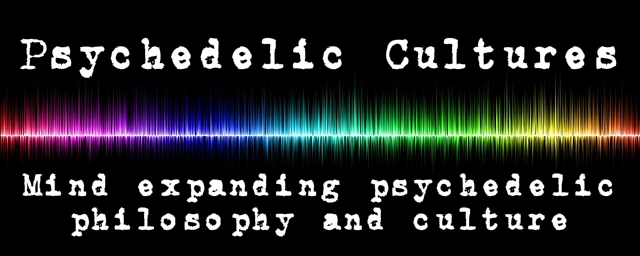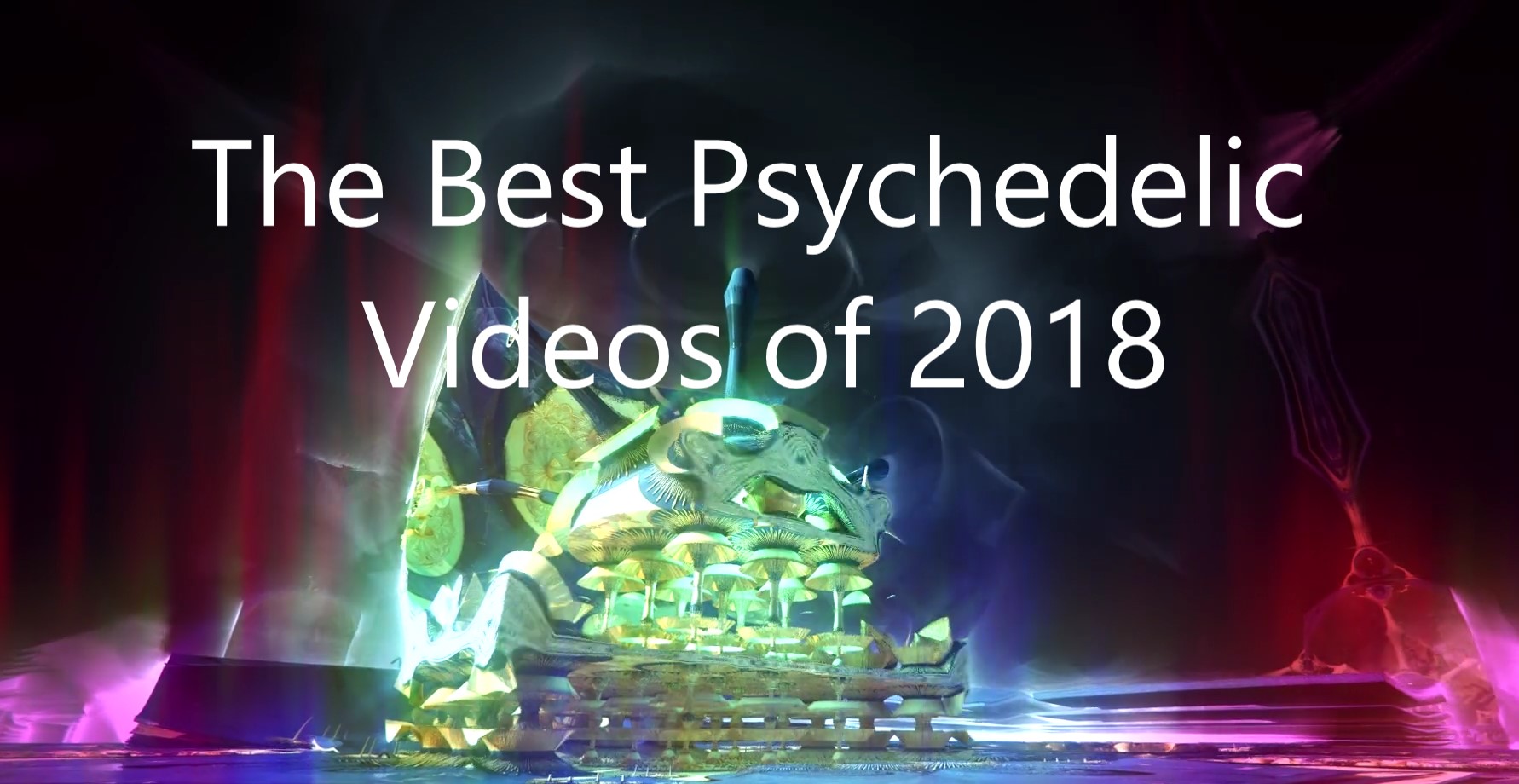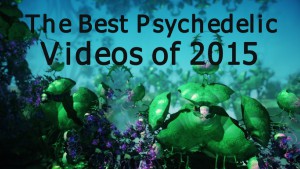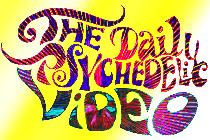some people can’t fall asleep. falling asleep can be the hardest thing to do. most of us have experienced this for a period..
but is falling asleep actually something you do? something you can achieve or fail at? you can not force it – it’s not a matter of will. it’s more like a habbit. (it’s more like a rabbit).
sleep is something that has to be given to us.
when we are falling asleep – falling like Alice in that rabbit hole – we can never put our fingers on it, like: there, you see, the border to sleep. we know, we fell asleep, we know we woke from sleep, but we can never say where or when exactly. this is a fundamental discrepancy of knowledge and experience. we can never say: now!, this is it. just like we know we were born, we know we shall die, but we will never experience it. it’s the limit of ego, the limit of selfconsciousness and certainty. since “i” (ego) can never say it in the present. so this is the limit of the certainty of the ego, that seemed so complete in its cogito or dubito. we never have our death, never have our birth, never have sleep. it is given to us by the others.
sleep transcends consciousness.
sleep is beyond sovereignty.
since the metaphysical entities no longer have the power to make our lifes understandable to us, we hardly have more than consistency to tell us what is real. and sleep – like birth and death – is inconsistency to the absoluteness of consciousness.
as you fall asleep, you become one with the room around you.
how are sleep and psychedelic culture connected?
alice’s story is one of a young girl dozing off in the hot afternoon and it is a common reference point for 20th century psychedelic culture. and let’s not forget all the eating of mushrooms and.. the caterpillar.
but this is merely pointing at a surface.
(alice in wonderland is an exploration into symbolic logics. so it might have something to do with language.)
we can state the similarity of dreams and trips, but what we need is a question that leads us further.
“couriouser and couriouser”
the question is important when we want to talk about (and experiment with) expanding consciousness – or consciousness-expanding practices and substances. the question is: where do we expand our consciousness to? what does this mean or what could it possibly mean?
are we all alone in our trips, like we are in sleep and death? or is it the other way around? is birth, death and sleep, is what transcends the limits of ego “community”: that what is given to us by others only?
but what could “be there” beyond consciousness, what could be there but consciousness to expand to? when we can expand our consciousness to it, how would it be any different from the consciousness we were so eagar to transcend in its absoluteness?
not being able to sleep, not being able to let go is not so trivial a matter. when we have only consistency to go by, who or what guaranties, we will find it again, once we let go?
what we can lose is the “world”, identity.
so that “world” is what we win, when we wake again.
if inconsistency is not dared, consistency can not show, since there is no substance to it, but what is found again.














